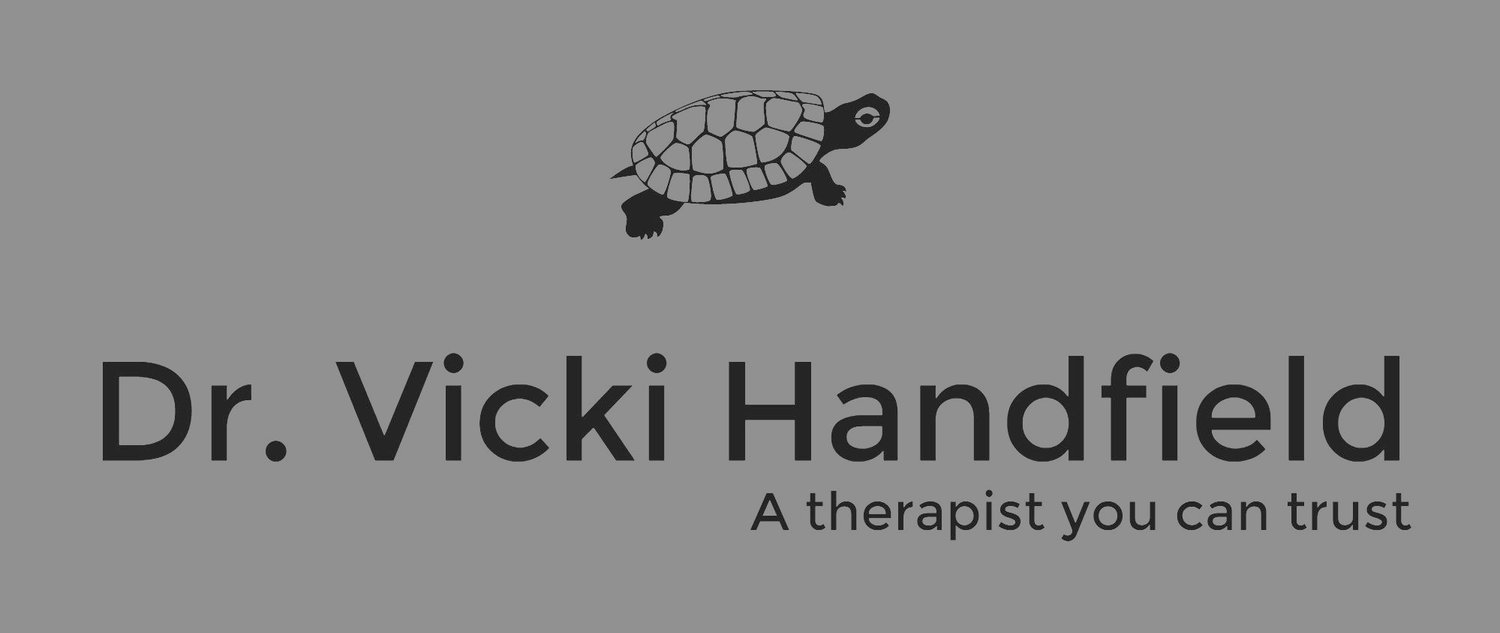It’s so great that mental health in general has become so widely accepted, and so many people are interested in learning more about mental health issues!
Anxiety is one of the more talked-about mental health challenges, which is very helpful for people who have anxiety, and for those who are close to or related to someone who has anxiety.
What is anxiety? Well, anxiety is fear, a fear response which occurs in the absence of a realistic threat. This is something that happens to us all, but when it occurs a lot more often than is typical it becomes anxiety.
It’s important to recognize that the experience of anxiety is not only mental, but involves us physically and emotionally as well. It helps those of us who have anxiety and those who don’t to understand these elements.
Mental, or thought-based anxiety is frequent. It’s intrusive. It’s repetitive. We have thoughts about something we fear or worry about; these thoughts are very difficult to manage and threaten to overwhelm or exhaust us when we have them. When we have these thoughts we’re often embarrassed by them, and are reluctant to speak about them – fearing being misunderstood, judged, or worse, just dismissed by others. As a result, the anxious thoughts get worse, and spiral in on themselves, on and on.
The physical elements of anxiety include many reactions and patterns. Frequently, these include: difficulty breathing, chest pressure, rapid heart beating, numbness or tingling in fingers, toes, arms or legs, urges to urinate or defecate or intestinal distress (including or leading to IBS – Irritable Bowel Syndrome), and heavy sweating. There are other variations, these listed are the most common.
Emotional aspects include not only feelings of fear and worry. But also, feelings of shame, of feeling weak and small. We begin to feel isolated from others, afraid of being judged and found to be inadequate by those who matter most to us. This often leads to a great deal of reluctance to tell others about the experiences connected to anxiety. This easily leads to isolating more, which leads us to feel alone and that we are the only ones who have these problems. Given these swirling and compounding effects – and energy draining - it’s easy to understand how anxiety often leads to depression.
Fortunately, anxiety is one of the easiest problems to treat. The relief that comes with being able to speak freely to someone who understands and accepts your experiences is a huge relief. We are not alone! Then it becomes easier, through talking about it, to find just what contributing factors have been making us anxious. Often these factors include: our family history (which contributes biologically and via learned behavior and reaction patterns), physical issues, history of abuse (which may mean PTSD, very much associated with anxiety), other pressures and personal issues, and more. Our being able to discuss, separate and work on these matters also helps alleviate the pressure and confusion that comes with anxiety.
I don’t mean it’s easy to work on and alleviate anxiety, I do mean that it’s very doable. Even though it’s complicated, step by step it evolves and usually is successful. Medication isn’t always necessary; anxious folks often don’t want to turn to medication and it helps to know it may not be needed. Even if it is and it’s not the main focus of treatment, it is helpful to feel that one can work on the issues and feel successful.
Finally, I have found that people who are anxious types are also quite gifted, in different ways. It helps a lot to see that part of yourself too!
